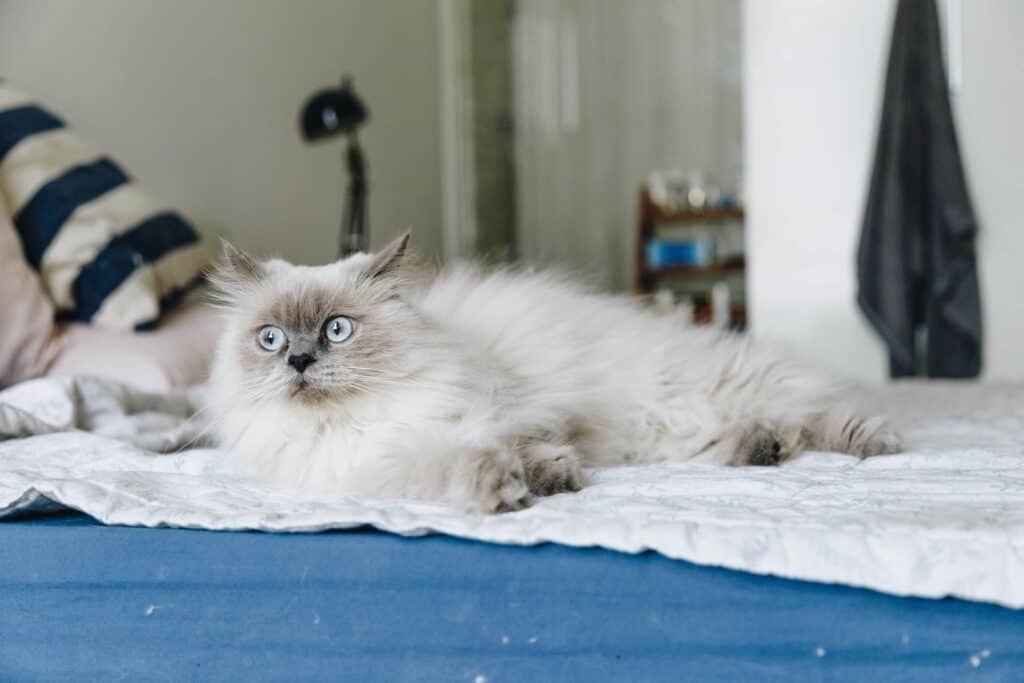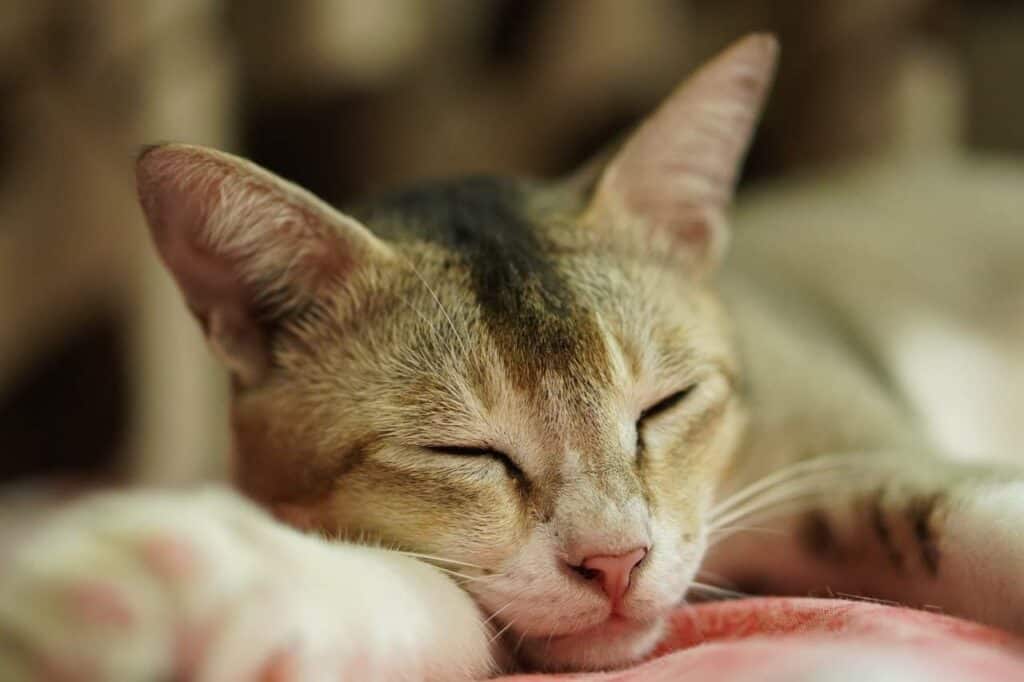Vaccination is an important way to keep your cat healthy and safe from any deadly diseases. Though these shots can’t be 100 percent foolproof, they may keep your cat and kitten safer and stronger compared to those who don’t have any. So, how often do cats need shots? Let’s find out in this article.
Contents
How Often Do Cats Need Shots?
Generally, adult cats need shots every one to three years depending on their lifestyle, health assessment, and the vet’s recommendation. However, adult cats that had their vaccinations and boosters already, do not need to get new shots so often. Kittens are more at risk for different kinds of diseases and therefore need to get shots more often.
Knowing which vaccines your cat needs and the proper age to administer them gives you a great chance of protecting your cat for a long time. Vaccines can help strengthen their immune system by producing necessary antibodies and keep bacterial infections and viruses away.
What Shots Do Cats Need?
Cats should receive four core vaccinations to protect themselves from highly contagious viruses. These are the shots that your cats need:
- Calicivirus shot: This virus is highly contagious and causes problems in the upper respiratory system of your cat. It can eventually lead to gum sores, conjunctivitis, and lameness.
- Feline Herpesvirus shot: It is another contagious virus that spreads through sneezing, inhalation of droplets, sharing of food and water bowl, and sharing of the litter box. It can cause infections to the upper respiratory system of your cat.
- Panleukopenia shot: This virus can cause high fever, vomiting, and sometimes, sudden death. A distemper shot is known to be effective in fighting this virus.
- Rabies shot: This shot is required because rabies cannot only harm your pet, it can also cause death to humans. Rabies virus is passed on most often through bites and scratches.
There are bacterial infections and viruses that can cause serious illness and even death to your cat. Certain kinds of vaccines were created to fight those diseases. These shots are needed by cats in a specific dose and age.
Vaccines can protect your cat from:
- Bordetella bronchiseptica FeLV
- Chlamydophila felis
- Feline calicivirus
- Feline Viral Rhinotracheitis
- Feline Leukemia Virus (FeLV)
- Panleukopenia or Feline distemper
- Rabies
When Do Cats Need Shots?
Kittens are highly at risk of several kinds of diseases caused by viruses and bacteria. At the age of 8 weeks old, your kitten may receive its first few shots. A series of shots should be done within 3 to 4 months.
Vaccination after birth is not highly recommended because there are still conditions that you might not know about the kitten. Kittens should receive a booster shot a year after their series of vaccinations. Adult cats can receive their booster shot after a year or every 3 years.
What Are Cat Booster Shots?
Depending on your cat’s current health and lifestyle, your vet may suggest a booster shot. Furthermore, vets may require a booster shot later on. Booster shots can provide more antibodies in your cat’s body that will enable it to fight diseases.
Moreover, cats that are fully vaccinated since they were kittens will receive their booster shot every 3 years especially if they just stay indoors. However, if your cat always stays outside, it means that booster shots can be done more regularly. It will help your cat be protected from the outside world.
Side Effects of Vaccines for Cats
Though vaccines give lots of benefits to your cats, they can also pose some risks and side effects. You should be aware of your cat’s condition and whether it has an allergy or not. The side effects of a vaccine can also vary from one cat to another.
Your cat may experience loss of appetite, fever, and lethargy for a few days or a week. If these symptoms last for more than a day, you should consult with me. Early medication to make cat feel better can easily resolve these side effects.
Related Questions
What Vaccines Do Indoor Cats Need?
Indoor cats also need the core vaccination against feline panleukopenia virus, herpesvirus-1, calicivirus and rabies. If they go outside or they meet other pets that are sick, and your cat is unvaccinated they can easily catch that virus. These diseases can quickly spread that’s why your cat should get shots.
When Do You Vaccinate Your Cat?
Vaccinations should be done at an early age and boosters can be administered every three years. Your cat already has a stronger immunity as long as you did not miss any shot when it was still young.
How Much Does a Cat Vaccine Cost?
The cost of a vaccine ranges from $45 to $85 for the first time. It can get higher if your cat is in a series of vaccines. After the first year of vaccination, it can go down to $29 to $35 per shot. These costs may still vary depending on the place where you live, the location of the vet, and the needs of your cat.
Conclusion
Cats often need shots at least once every year or every after three years. This can change based on the present condition of your cat, its way of life, the diseases that it has if there’s any, and my advice. Vaccination should begin as early as a kitten stage to prevent having those diseases.


